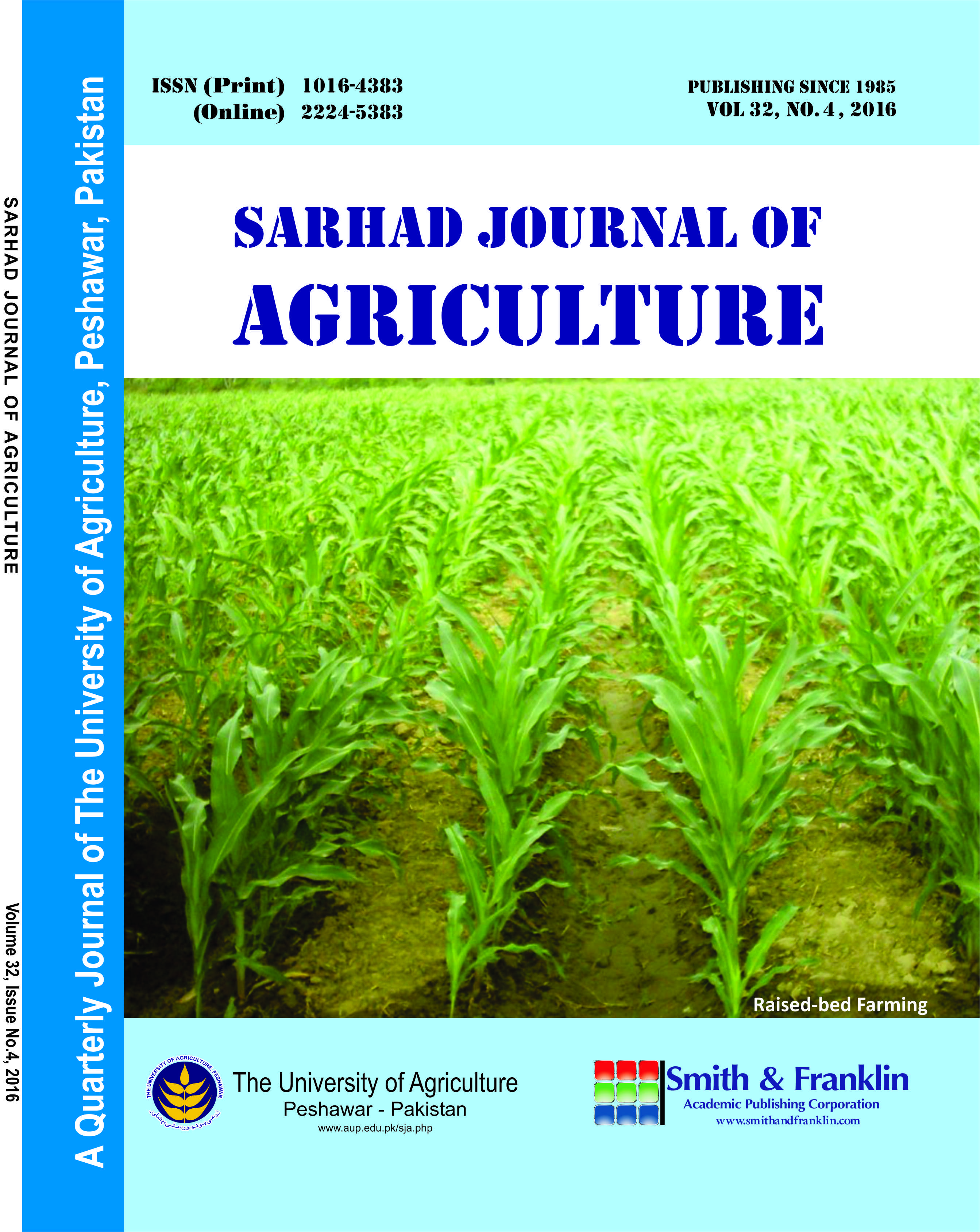Government Intervention in Pakistan’s Rice Sector: Concepts, Policies and Implications
Government Intervention in Pakistan’s Rice Sector: Concepts, Policies and Implications
Reema Zia* and Noor Paio Khan
ABSTRACT
This study was designed to introduce Producer Subsidy Equivalent (PSE) and Subsidy Ratio to Producer (SRP), the celebrated tools of political economy, to gauge government intervention in Pakistan’s rice sector and draw policy implications for possible adjustments in policies and future strategy. The quantitative analyses of PSE and SRP reveals overall transfers from rice producers to society. The analysis depicts Pakistan’s stronger position towards WTO trade liberalization in the rice sector. Pakistan would not need to change any of its policies and would benefit from trade liberalization due to the expansion of rice production when world prices of rice rise as a result of the reduction of support in other countries.
To share on other social networks, click on any share button. What are these?








